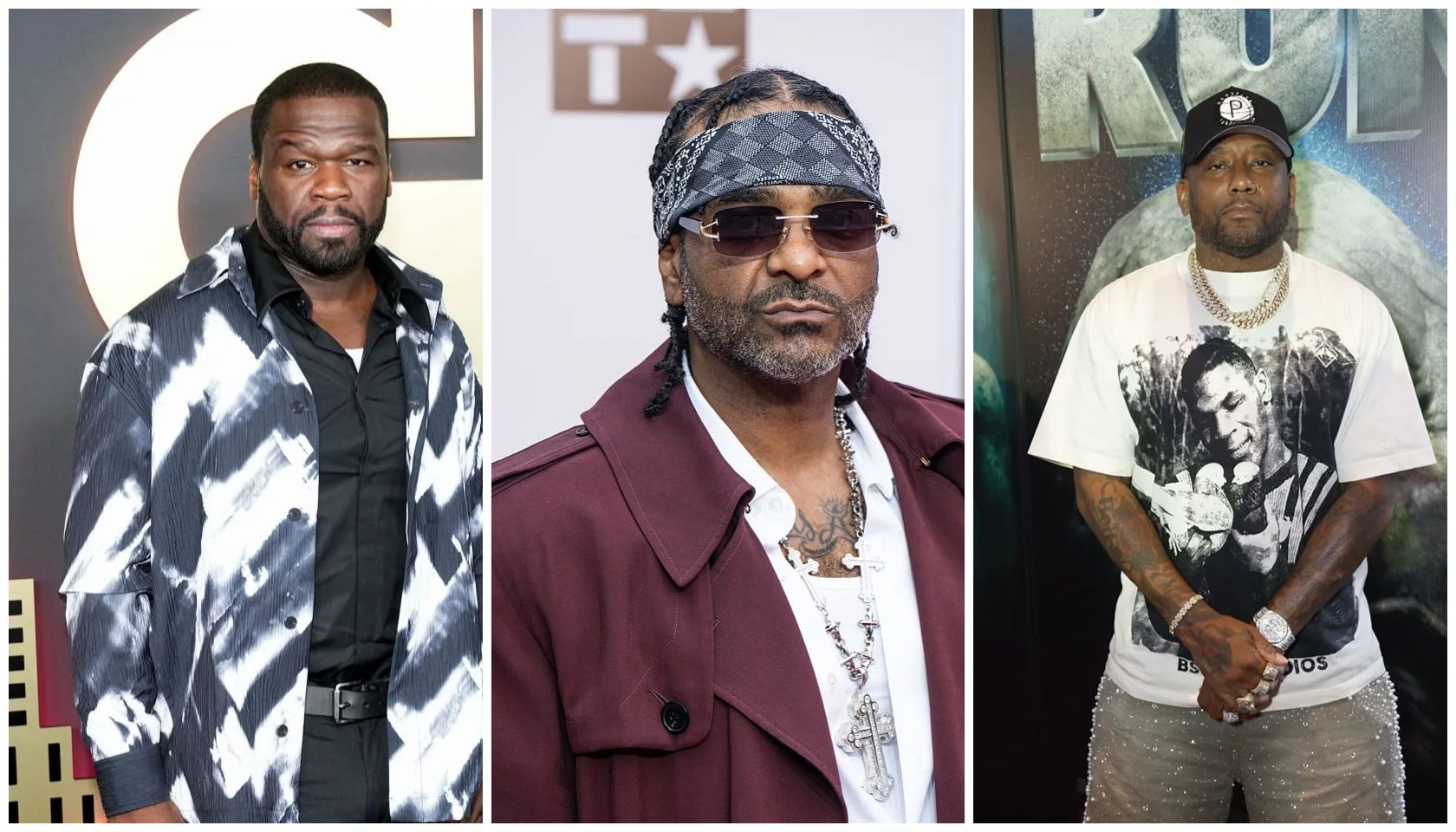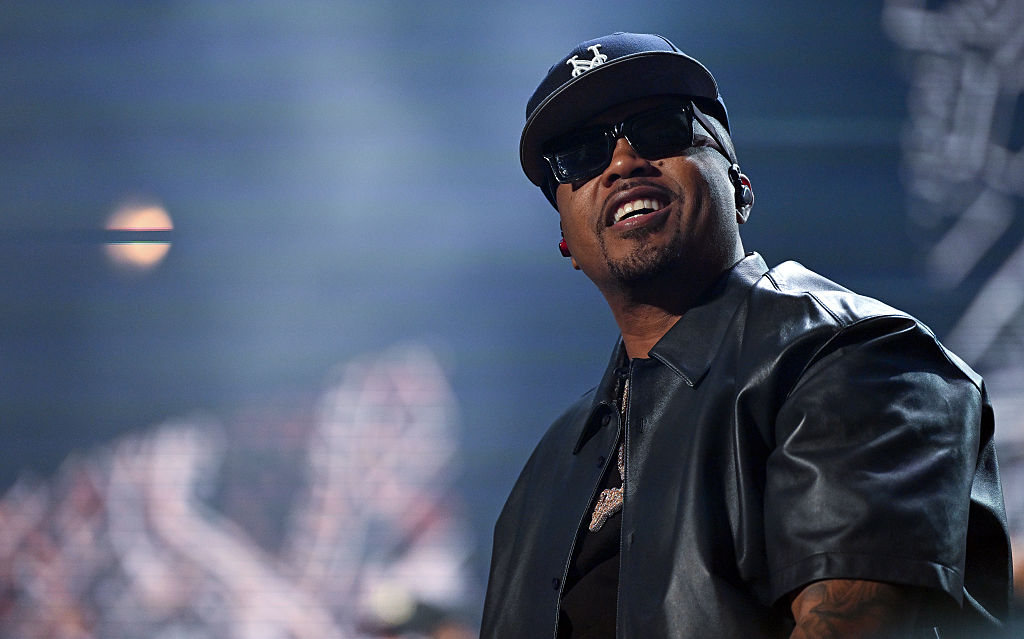JFK: 10 Things You May Not Know About John F. Kennedy
Share the post
Share this link via
Or copy link
As the nation honors the life and legacy of President John F. Kennedy on the 50th anniversary of his assassination, it is important to also acknowledge JFK‘s political and social impact. Seen by many as a civil rights icon and a champion of fairness, the 35th President of the United States is as iconic a figure as any.
Born May 29, 1917 in Brookline, Mass., Kennedy, also known as Jack, was born into a wealthy family. After serving in the U.S. Navy and holding public office as a congressman and senator, Kennedy would become the youngest president ever elected at age 43.
Many conspiracy theories surround JFK’s tragic death, although a lengthy investigation by the Assassination Records Review Board found no real evidence of foul play. While the CIA, the mob, feuding Cuban leader Fidel Castro and others have been named in the plot, all facts seemingly point to Lee Harvey Oswald as the trigger-man on that fateful day in Texas.
Love Hip-Hop Wired? Get more! Join the Hip-Hop Wired Newsletter
We care about your data. See our privacy policy.
Hip-Hop Wired takes a look at 10 Things You May Not Know About JFK. Feel free to add other key moments we may have missed in the comments section.
—
Photos: New York Times, Agora Productions, jfklibrary.org
JFK Formed An Early Bond With MLK
During his 1960 presidential campaign, then-Senator Kennedy placed a call to the wife of Rev. Martin Luther King, Jr., asking Coretta Scott King was there anything he could do to ease his time in prison for civil disobedience. Kennedy’s brother, Robert, placed a call to a judge which granted King freedom.
JFK Wanted To Beat Russia To Landing On The Moon
Although he would pass away well before the historic 1969 moon landing, President Kennedy urged Congress in 1961 to bolster the NASA space program. JFK wanted to beat the Russians at their own game, after they sent the first man into space.
JFK Helped James Meredith To Become University Of Mississippi’s 1st Black Student
James Meredith was barred from entering the halls of the University of Mississippi. Meredith wanted his struggles to spark the Kennedy administration to address equal rights for all, and aligned himself with the NAACP. U.S. Attorney Robert F. Kennedy placed a call to Gov. Ross Barnett, who reluctantly allowed Meredith to enroll. The brothers also sent military forces to the school after Meredith’s admittance set off a riot.
Discrimination For Housing Programs Ended Under President Kennedy
On November 2o, 1962. President Kennedy signed into Executive Order an end to discrimination by federal government housing programs barring the sale or lease of property to individuals based on race, color, gender or creed.
JFK Was The First Catholic President
President Kennedy became the first Catholic president, which many historians say fueled his compassion for others.
Martin Luther King, Sr.’s Endorsement Won JFK The Black Vote
Despite a shaky record with civil rights and a fear of not alienating southern white Democrats, the Kennedy brothers’ kind treatment of MLK was remembered by the young activist’s father, the influential pastor Martin Luther King, Sr. The elder King gave an endorsement of sorts of Senator Kennedy, winning him a large portion of the black vote.
JFK Offered Protection To The “Freedom Riders”
The “Freedom Riders,” civil rights activists who traveled via bus into the segregated South, were under attack by bigots and protesters often. In 1961, President Kennedy risked his political stance once more by sending U.S. Marshals to offer protection to the riders at the First Baptist Church in Montgomery, Ala. An angry mob of whites attempted to burn the building, beat back by the president’s forces.
President Kennedy Helped To Establish The Peace Corps
In 1961, President Kennedy signed into Executive Order the establishment of the Peace Corps. JFK’s aim was to form a bond between people of different nationalities and cultures.
JFK Appointed The First Black Secret Service Officer On High Profile Detail
In 1961, Abraham Bolden became the first black Secret Service officer to serve on the president’s high-profile White House security detail. At the time, Bolden was just one of two black agents nationwide.
1963 Awakened JFK’s Stance On Civil Rights
One of President Kennedy’s most pivotal moments happened on June 11, 1963. In a televised address that was in response to Gov. George Wallace using armed forces to bar black students from entering the University of Alabama, the president spoke earnestly to the public and addressed legislation that would eventually become the Civil Rights Act of 1964. This speech is significant because before then President Kennedy displayed a hidden support of the civil rights movement. The speech transformed JFK into a civil rights icon.

















